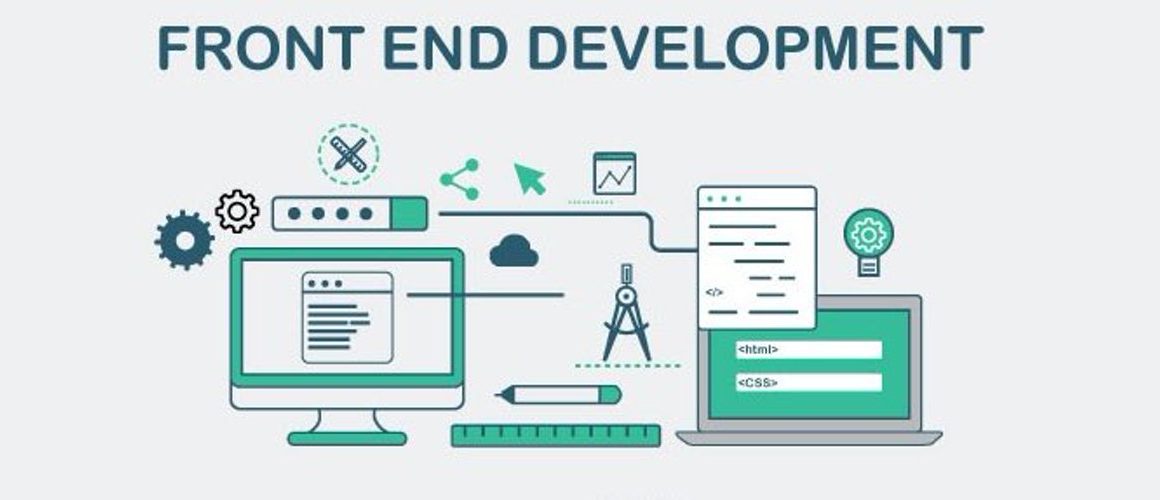There are a number of considerations you should consider when selecting a business phone service provider. Some of these include costs, customer service, and scalability. If you don’t consider these factors before choosing a business phone service provider, you could end up missing out on key features and opportunities.
Considerations
There are a number of factors to consider when choosing a business phone service provider. The first is the level of customer service that a provider offers. Poor phone service can negatively impact a company’s reputation. If clients cannot get through to your company, they may wait for an alternative phone number or even contact a competitor. To avoid this, a business should choose a service provider that provides good customer service.
Another factor to consider is price. A business phone service provider should offer an affordable rate for the features and services it offers. Some may charge extra for features, installations, or changes to the service agreement. Be sure to understand the cost implications of scaling up your phone plan and make a well-informed decision.
Customer service is also essential. A business phone service provider should have a customer support line and be accessible at all hours. Additionally, the phone service provider should have flexible billing options. It is also best to choose a vendor that offers onsite support around the clock. While a local vendor may be more expensive, it is worth the added cost for onsite support. It is also a good idea to ask around for recommendations from trusted friends.
Costs
The costs of business phone service can vary greatly depending on the features of the system and the number of users. A professional can provide cost estimates based on the type of service and features your business requires. A basic system can cost as little as $200 a month, and the costs may go up or down depending on the add-on services you choose. A mid-range, name-brand system costs about $400 to $600 per device, and a top-of-the-line system can be more than $1,000 per device.
Business phone service can also vary in price depending on the size of your business. For example, if you are just starting out, you may want to choose a VoIP (Voice Over Internet Protocol) phone system. A VoIP system allows you to manage your phone calls via the internet without the need for physical phone lines. A landline phone system is more costly and does not offer the flexibility and customization you can get from a virtual phone system.
The most expensive business phone systems are PBX systems. A PBX system typically costs $800 to $1,000 per user. While this may seem expensive in the short term, large businesses can typically expect lower per-user costs over time. Additionally, the initial costs for a PBX system are offset over time with the many features and services it offers.
Customer service
Customer service is an important consideration when choosing a business phone service provider. You should look for a company with expertise in your industry and quality customer support. The provider should also have its own network and offer multiple types of voice services. Finally, it should have been in business for at least three years.
When choosing a business phone service provider, look for one that integrates with your other business software and technologies. Many modern businesses rely on social media and other web-based tools to conduct business. Choosing a business phone provider that works well with these tools will ensure that your phone service is easy to use. Moreover, you can check online reviews and customer testimonials to get a clear picture of the company’s capabilities. If you’re unsure of whether a company provides quality customer service, schedule a live demo.
Customer service is also important for businesses with multiple departments. It’s important to select a provider that has trained representatives and technicians to solve customer problems. However, some providers don’t send technicians after the initial sale. This makes it difficult to resolve problems over the phone and it’s harder to get replacement phones quickly. Make sure the provider can deliver new phones quickly and offer quick installation.
Scalability
One important feature to look for in a business phone service provider is its scalability. Scalability is the ability to expand and contract without affecting the overall performance of the service. This characteristic is important for mid-sized and small businesses. A scalable business phone system can address changing communication requirements while improving operational efficiency. Its scalability makes it possible to add and remove users with ease.
Scalability is also important for your company if you plan to grow rapidly. For example, you might add employees in the future, and need to expand your system. Scalability is important for your company if you plan to relocate or open a second office in the future. It will also help your company recover from economic setbacks and ramp up production.
In addition, VoIP systems are highly scalable. Because they use Voice Over Internet Protocol (VoIP), you can easily add new phone lines as you grow. This feature allows you to scale your business phone without breaking the bank.



